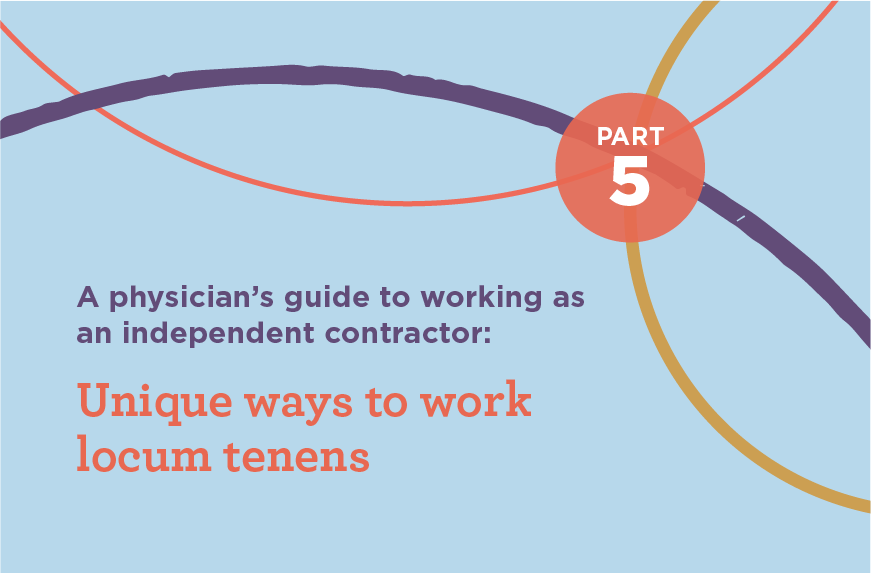Category - Working Locum Tenens

How to choose a locum tenens agency
July 10th, 2024 A neurologist shares his tips on how to find the right locum tenens agency and recruiter to help you accomplish your career goals.
The top 10 in-demand specialties for locum tenens in 2024
April 4th, 2024 Practitioners in these 10 top specialties for locum tenens have their pick of assignments all over the country.
Love medicine again through locum tenens
March 6th, 2024 Two physicians who were burned out on practicing medicine came to love their work again after discovering locum tenens.
The top 10 states with the highest demand for healthcare professionals in 2024
February 1st, 2024 Discover the top 10 states with the highest demand for healthcare professionals in 2024.